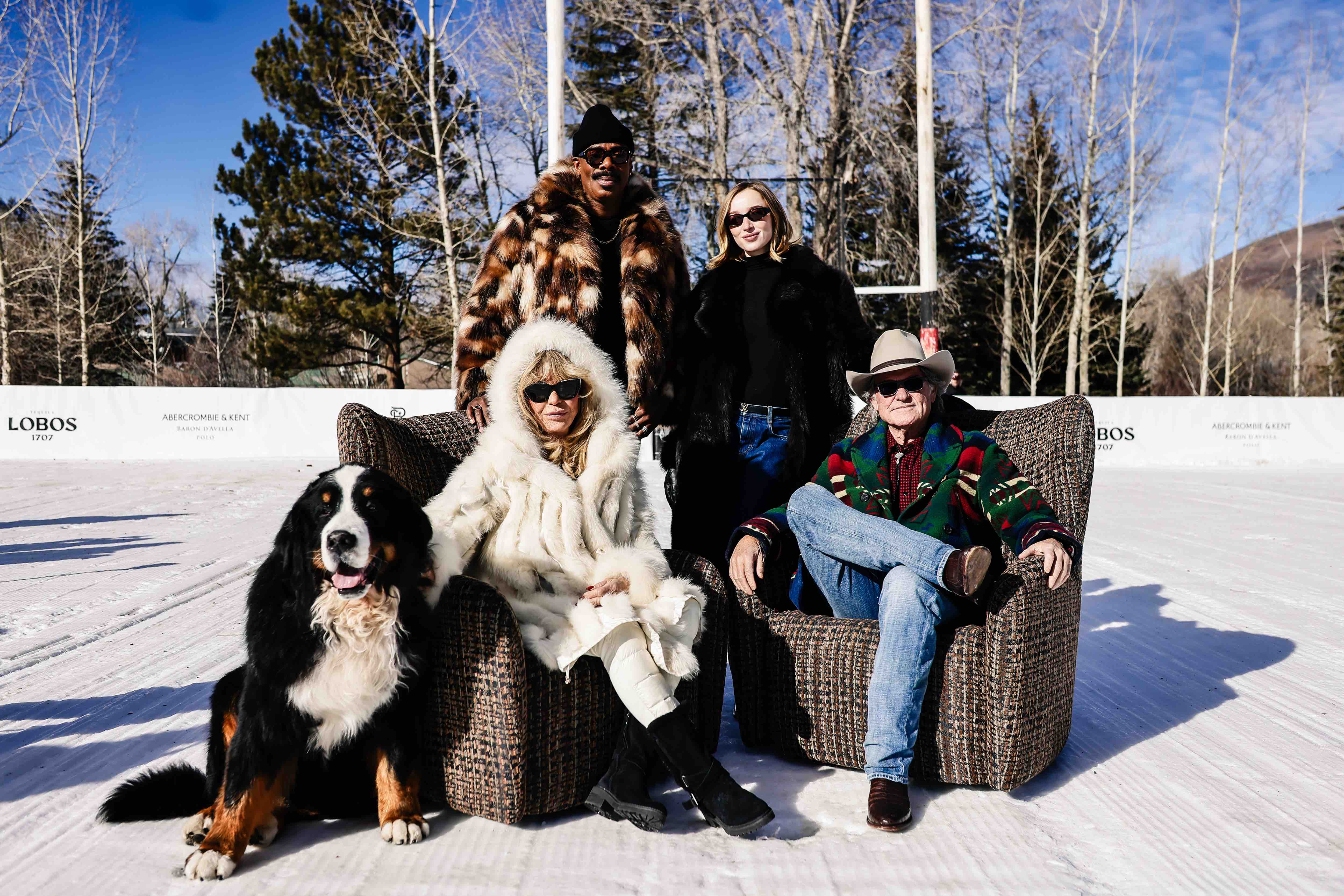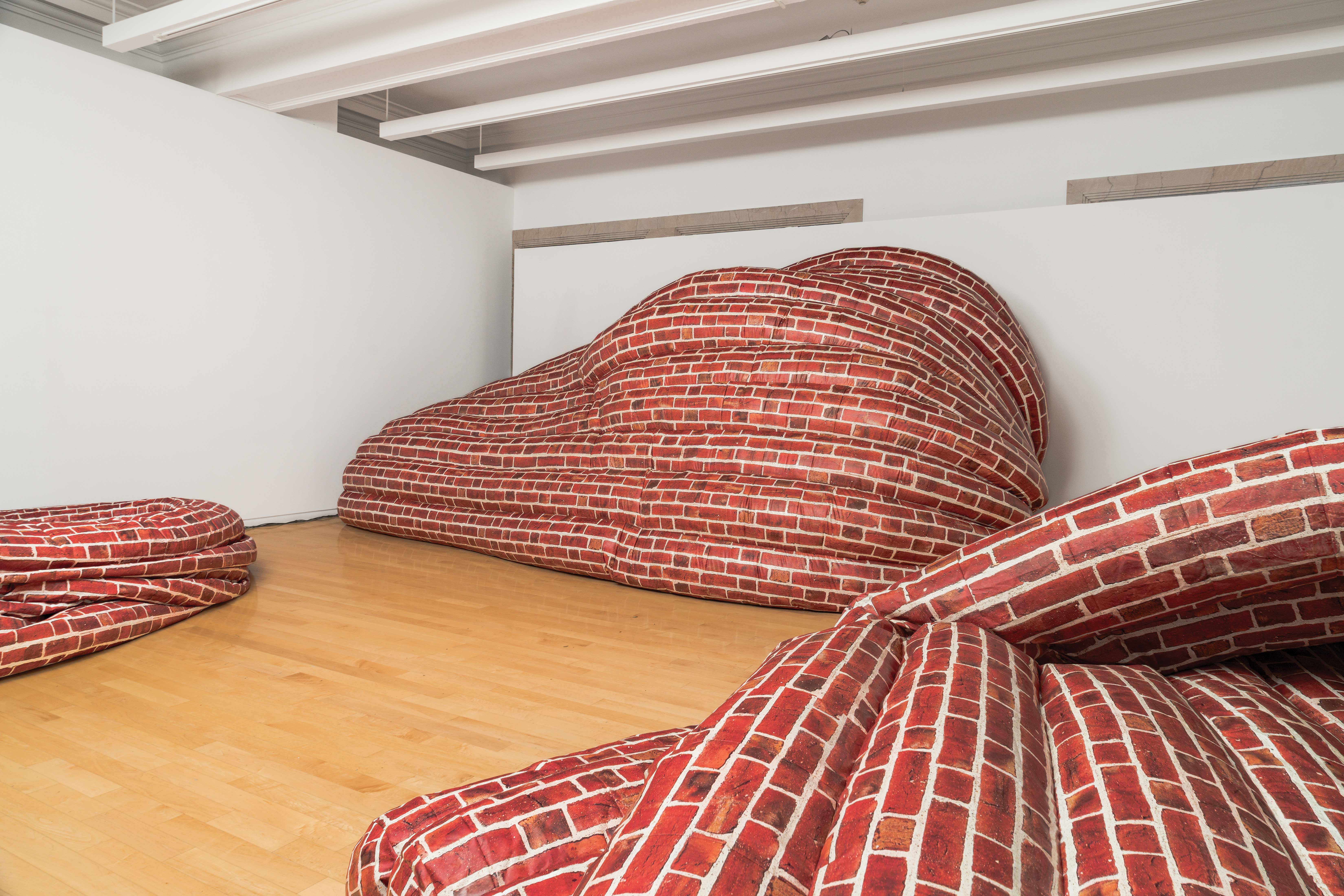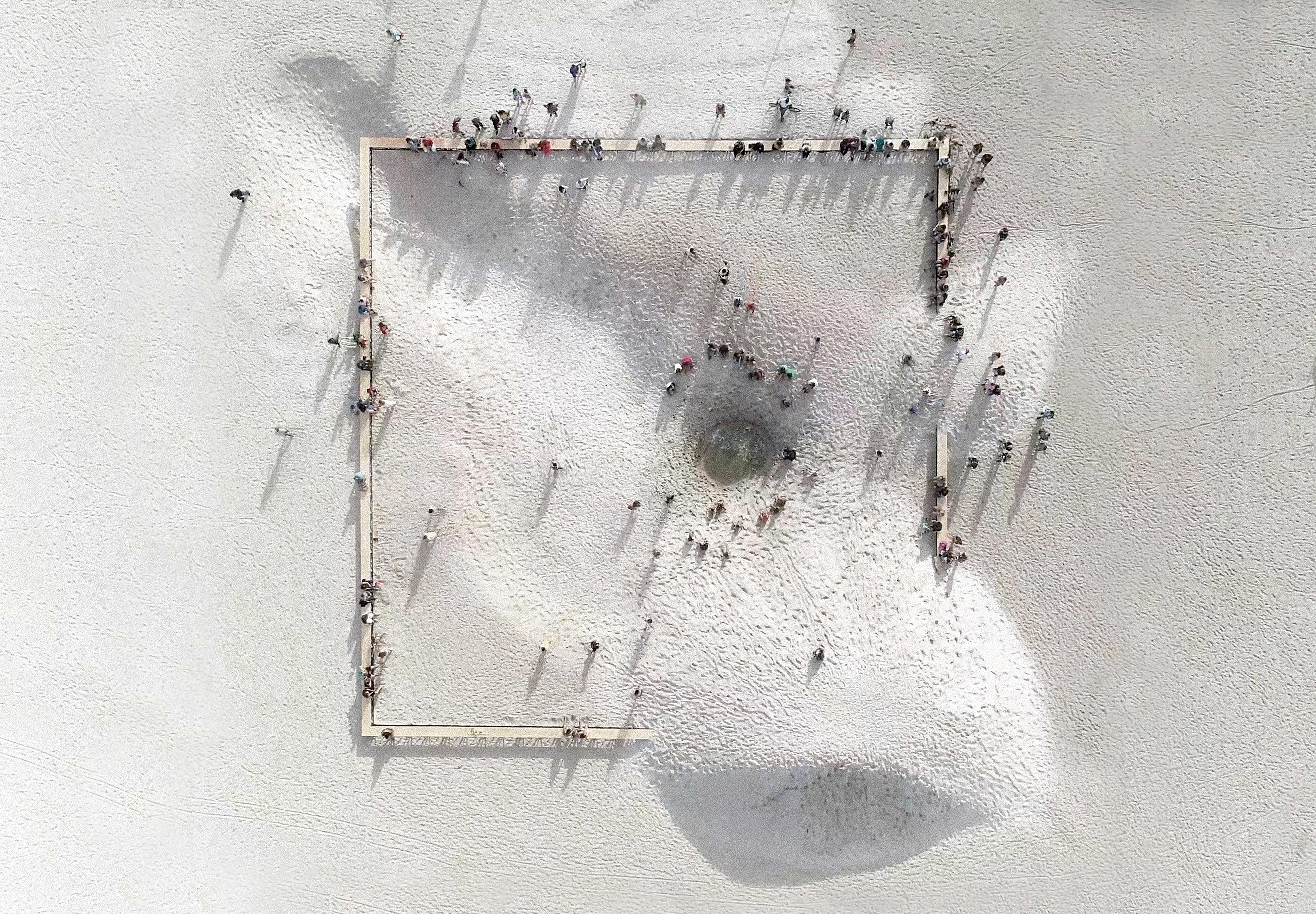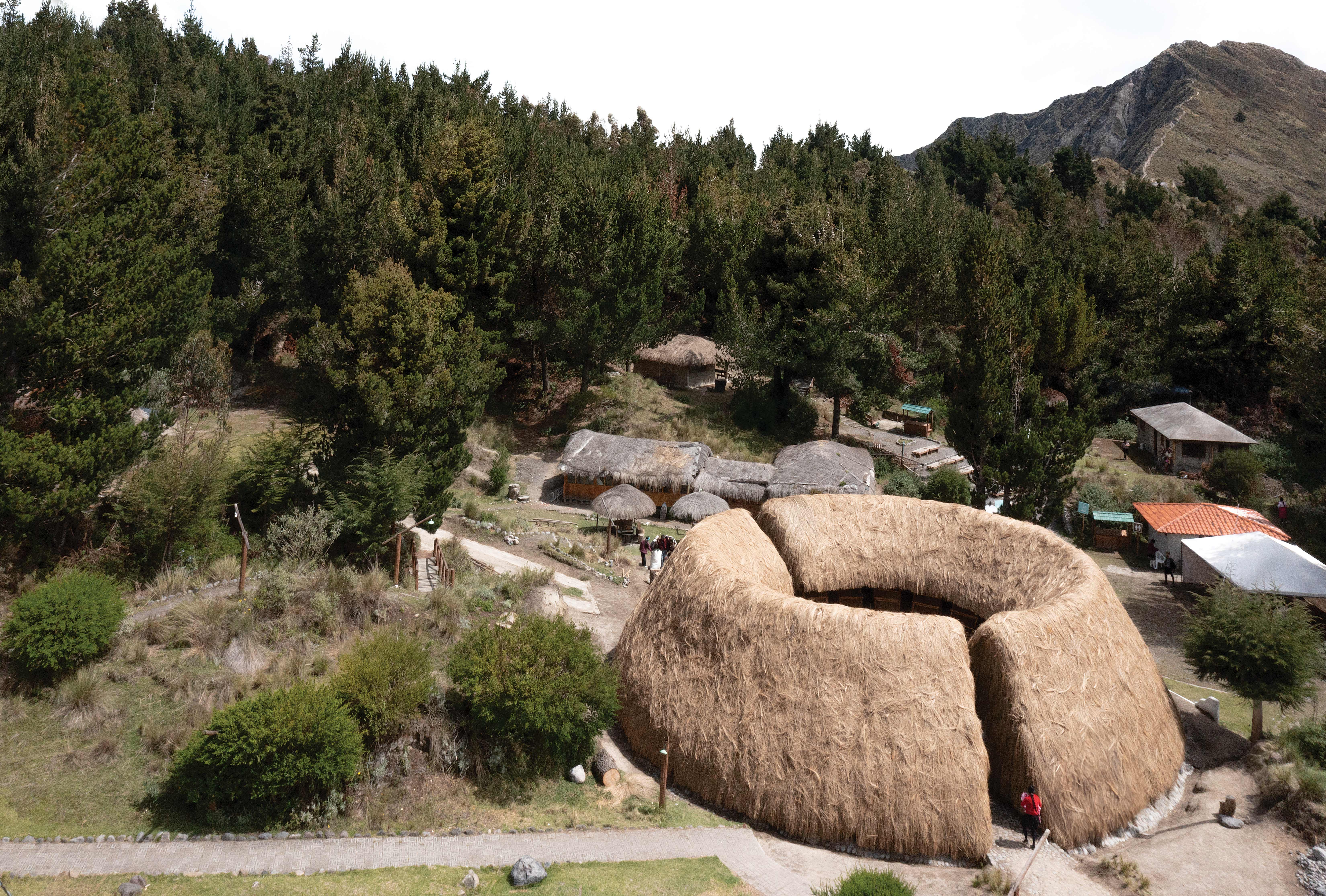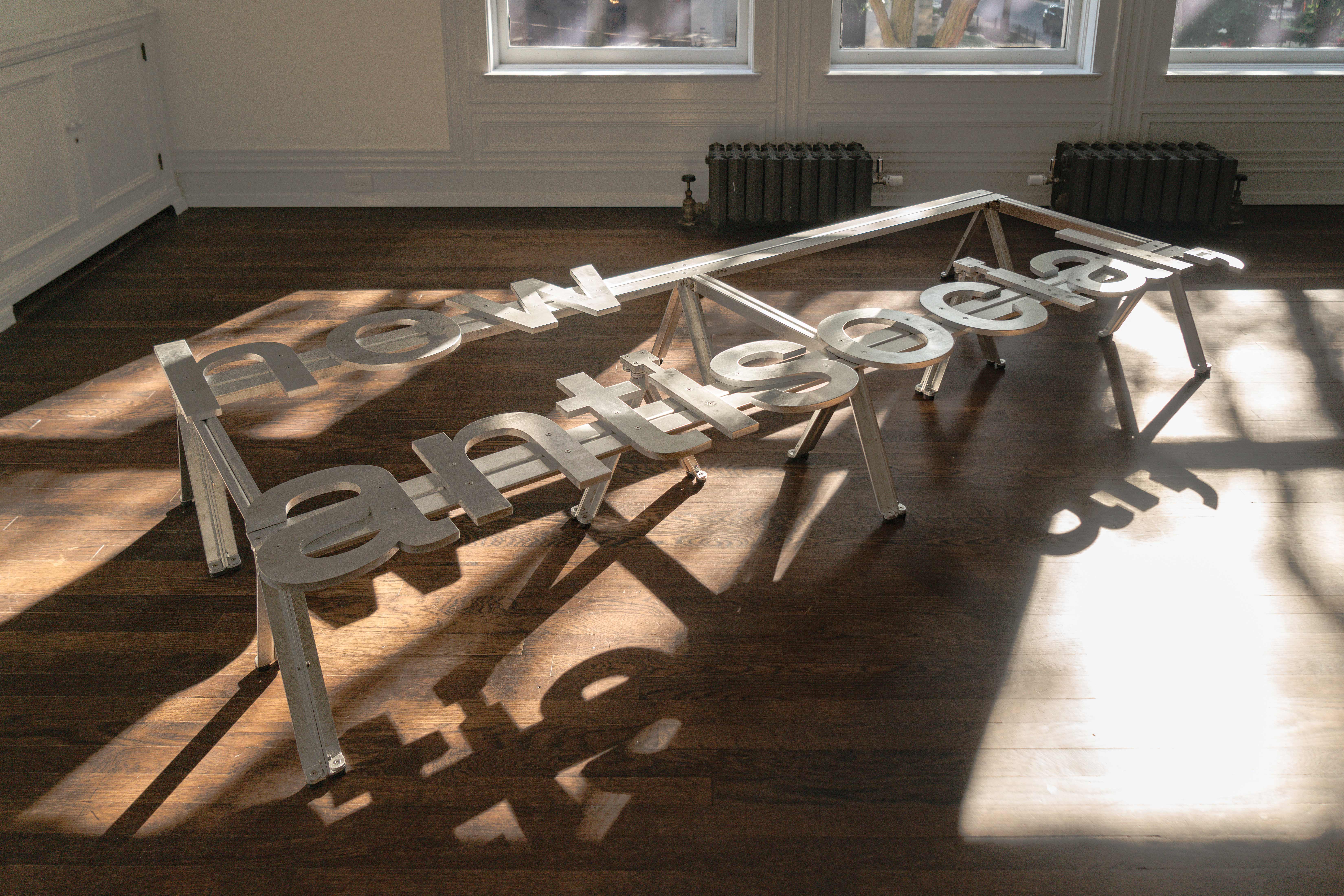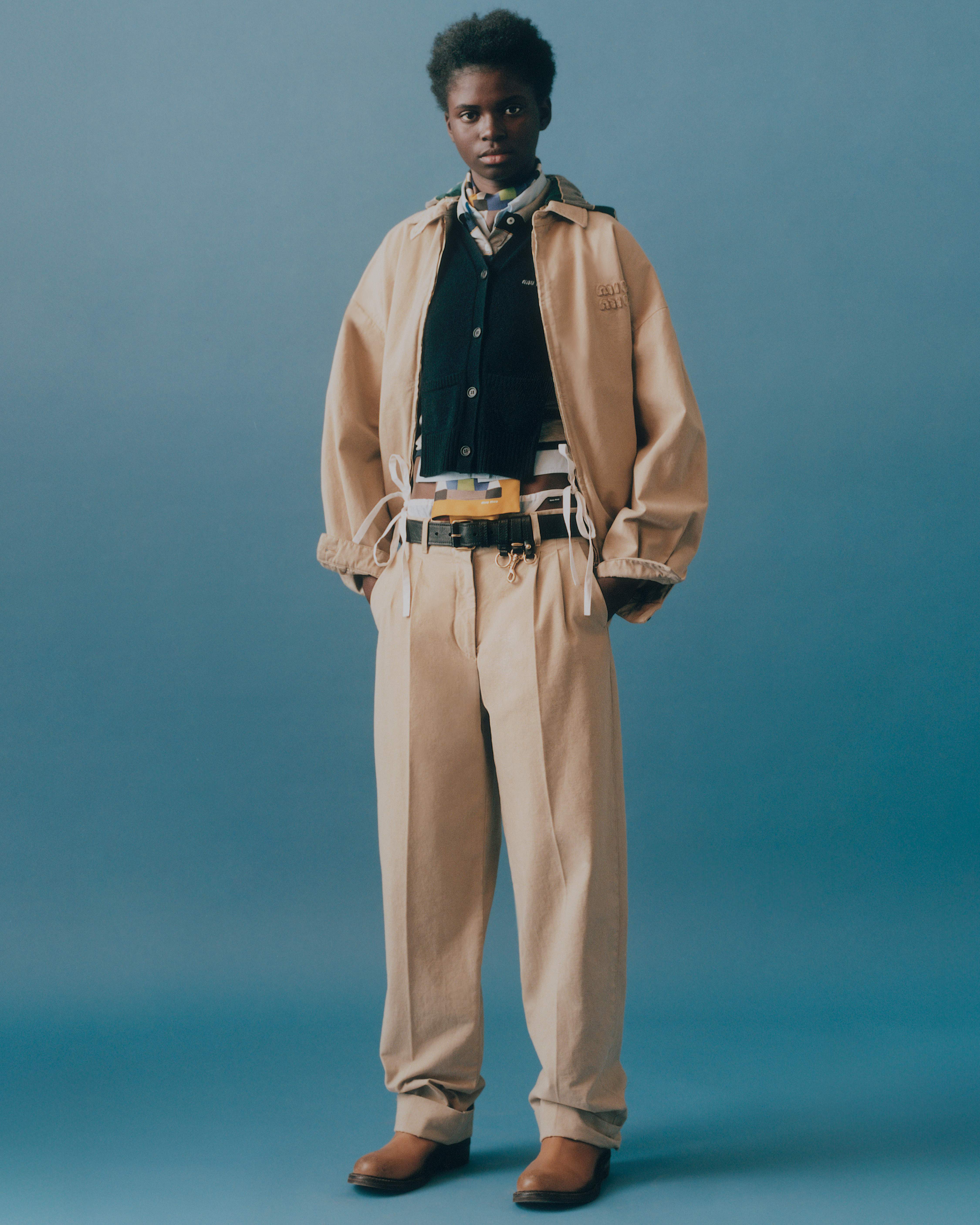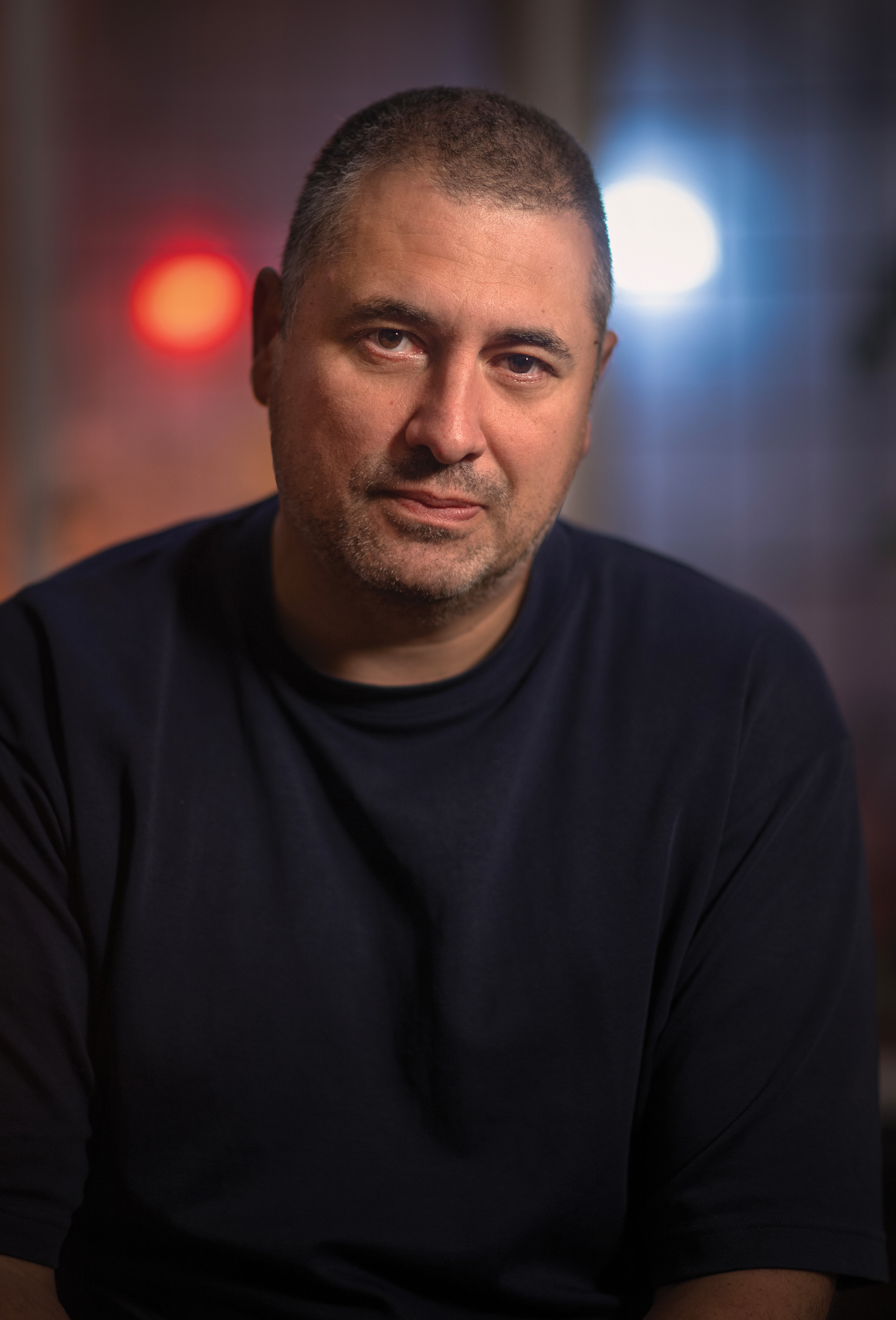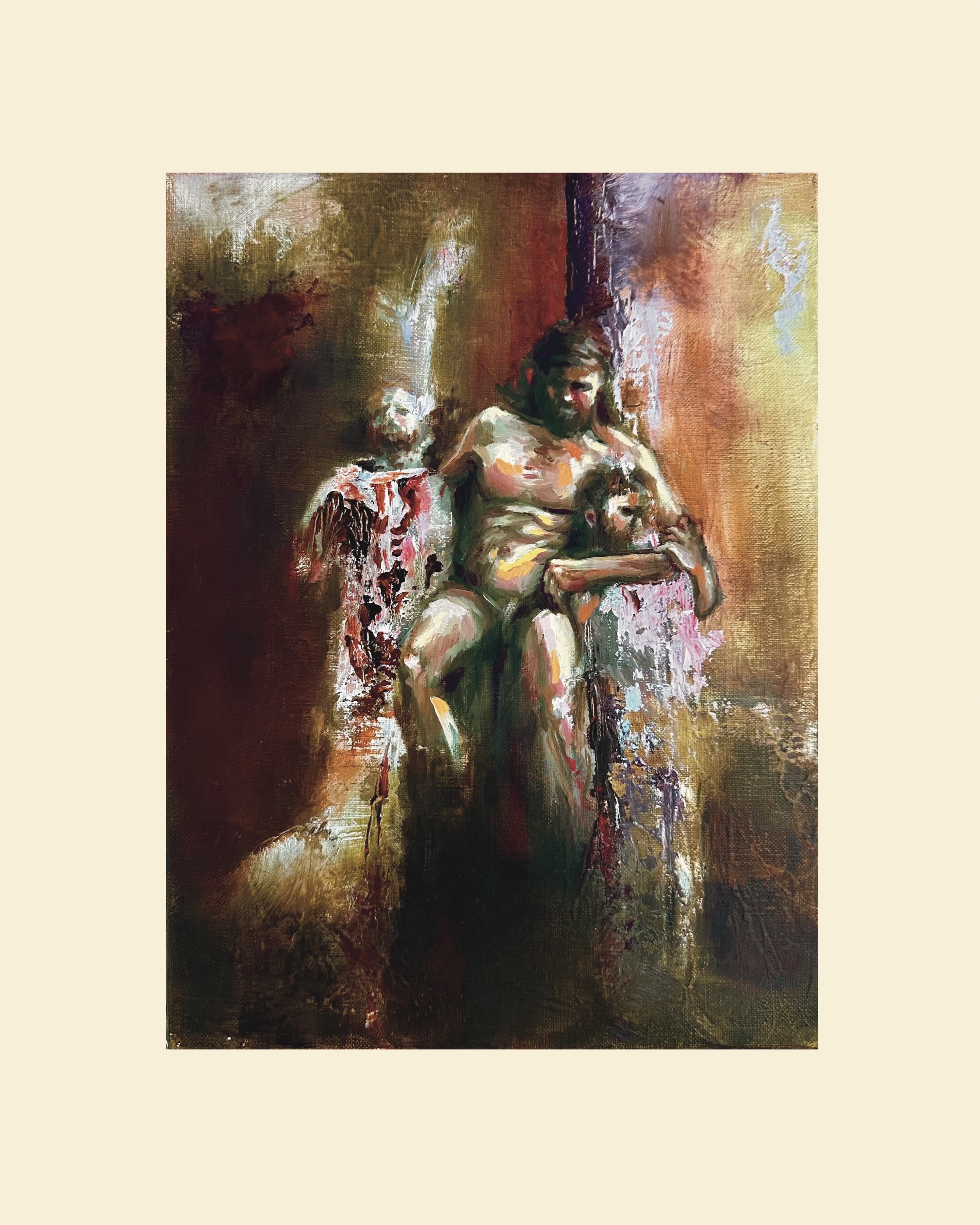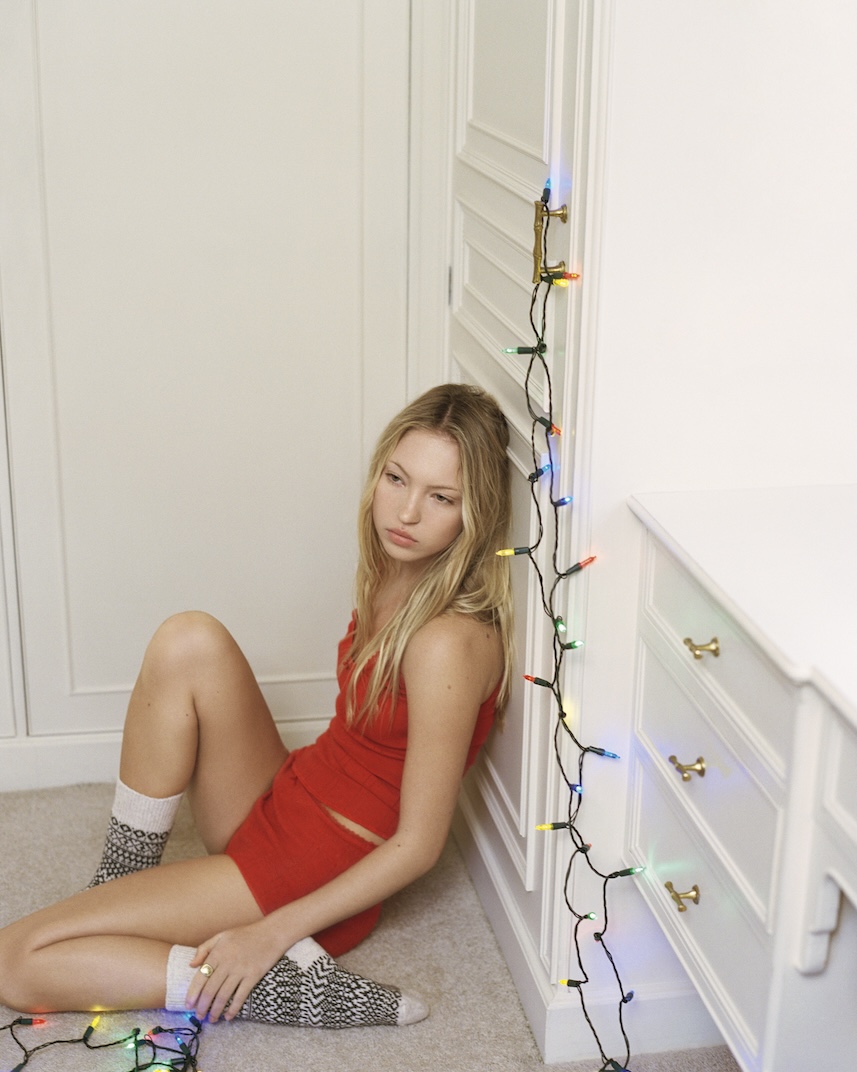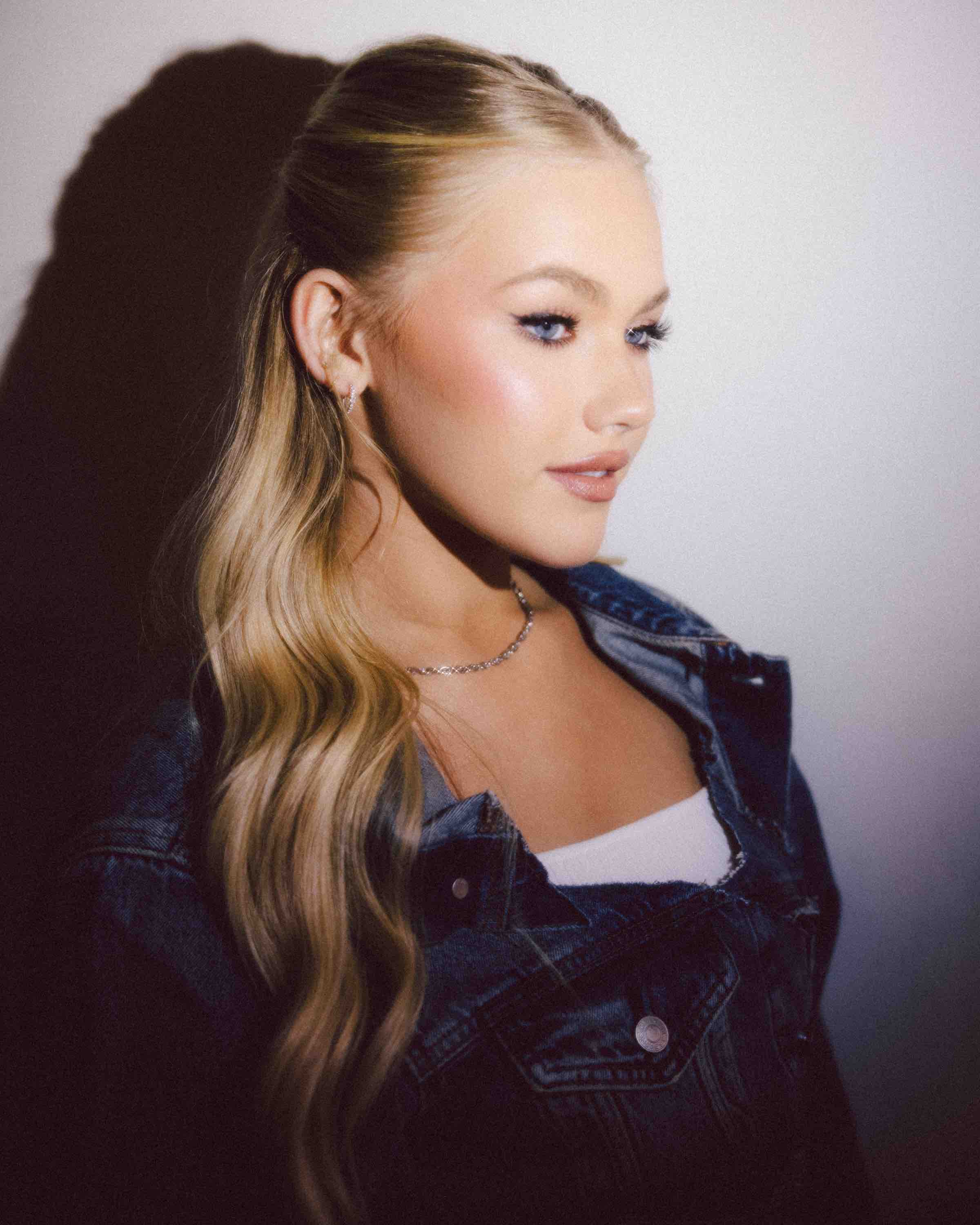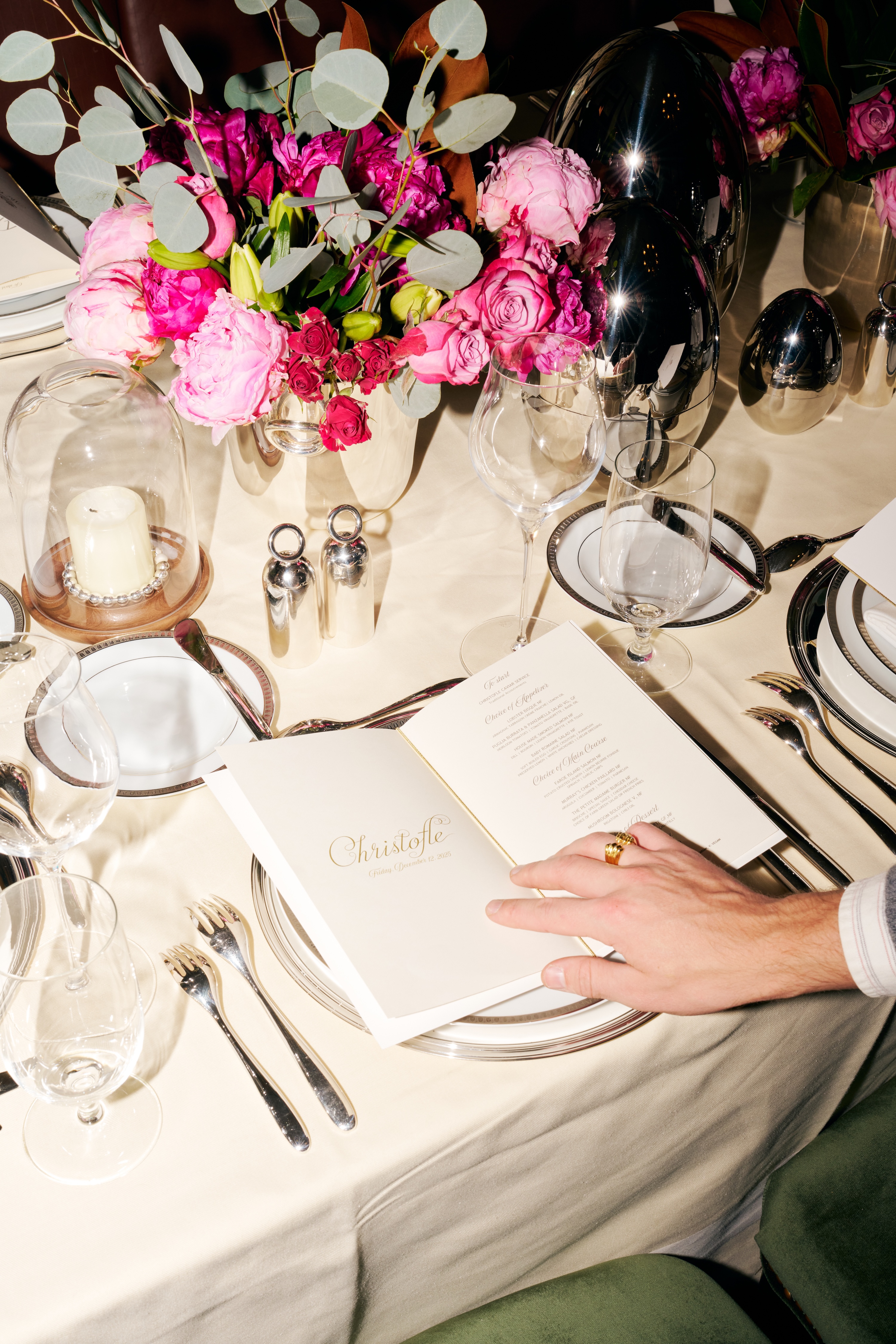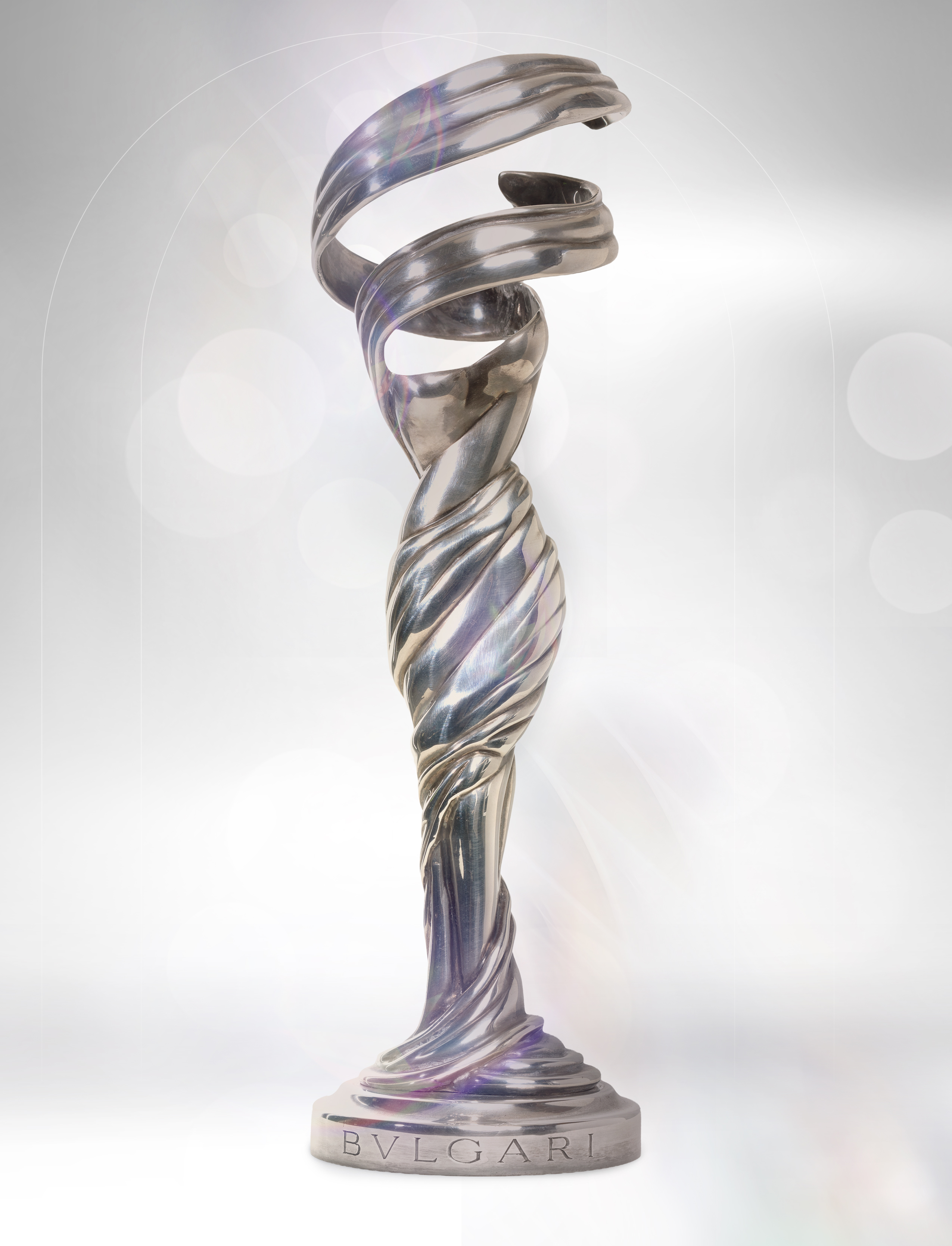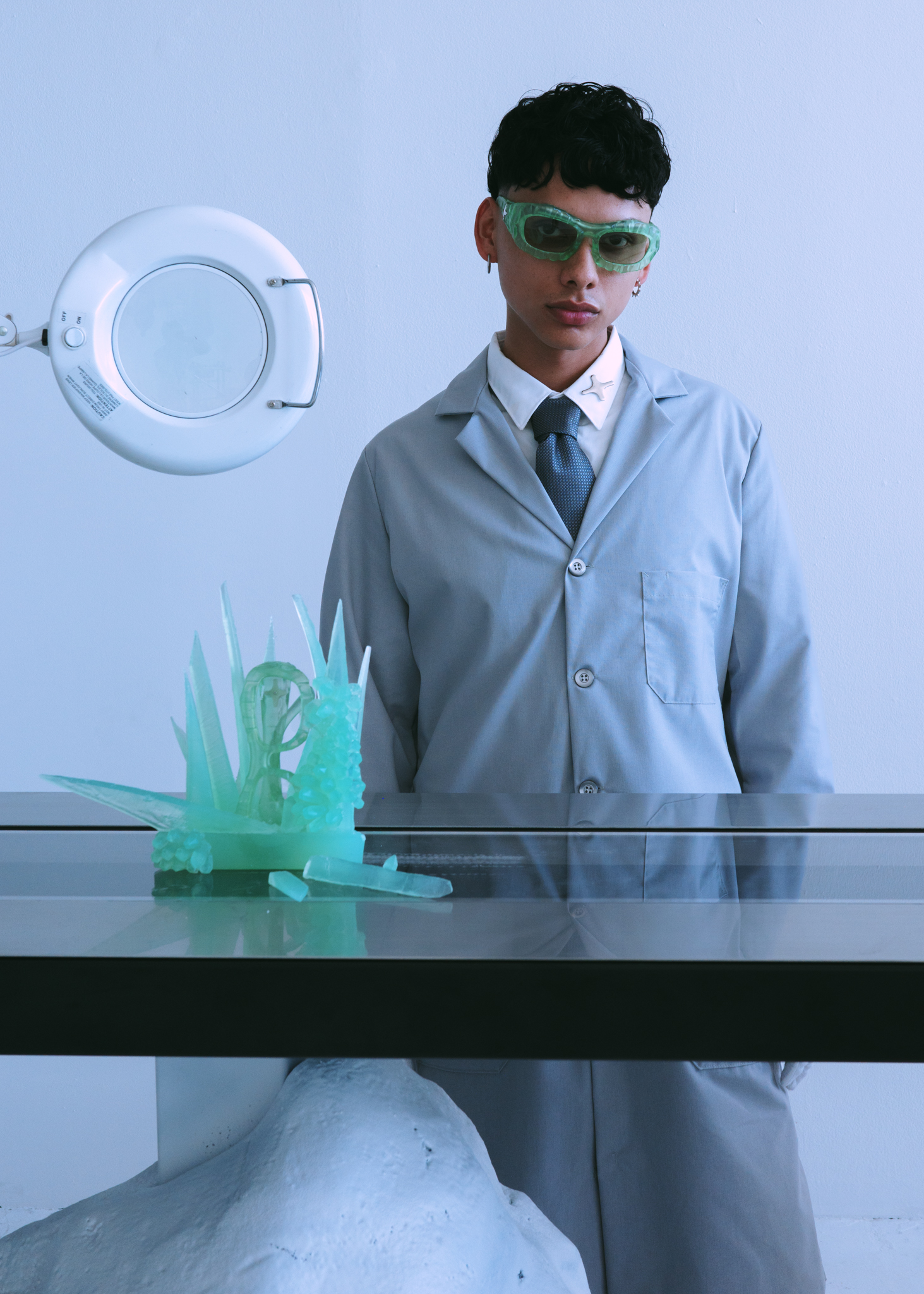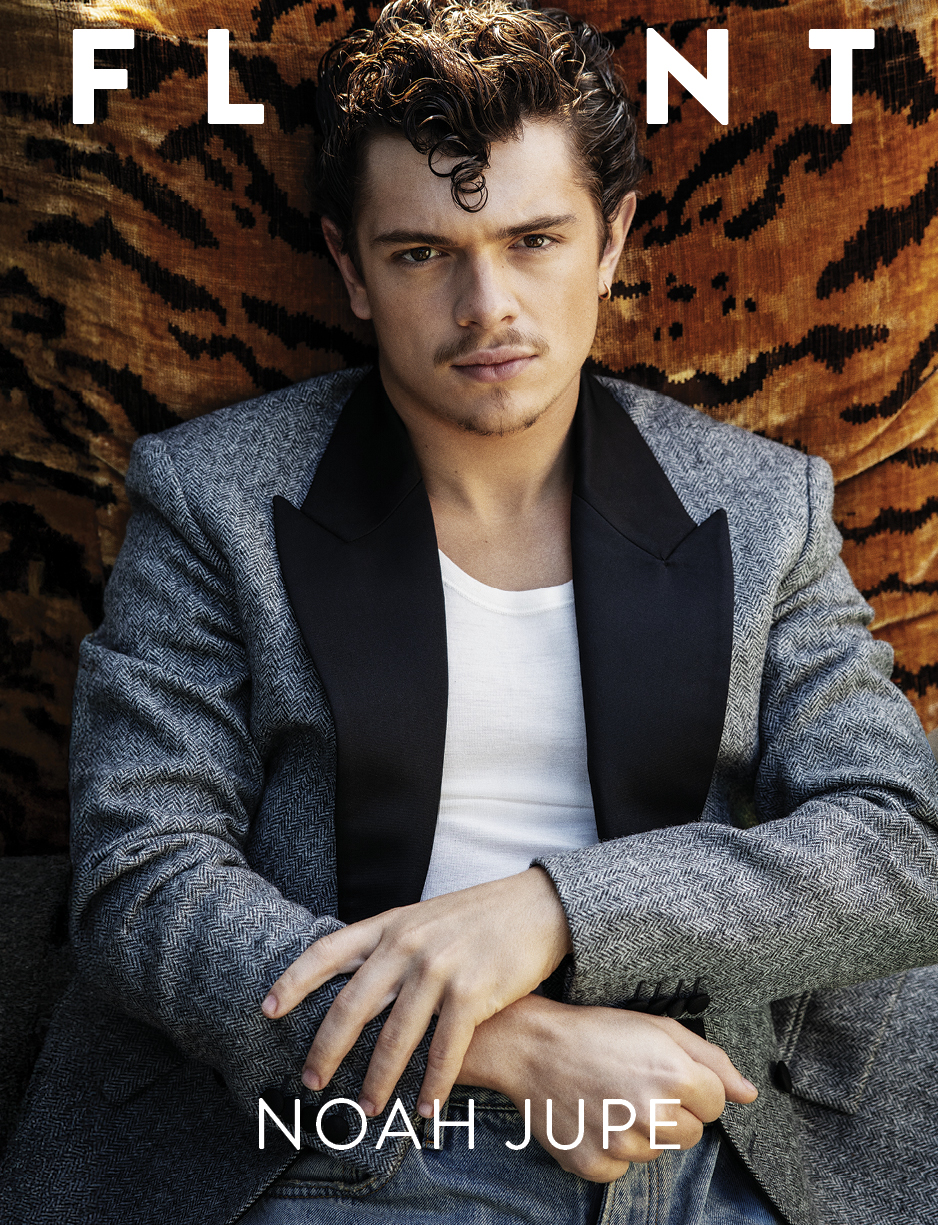[La Doña](https://instagram.com/ladona415), the San Francisco based singer, songwriter, and multi-instrumentalist, is ready to engage with the traditional Cumbia she grew up listening to, giving the culturally charged dance a new life with her latest EP, _Algo Nuevo._ At the tender age of seven, Cecilia Cassanda Peña-Govea started playing professionally as a trumpeter in her parent’s conjunto. Coming to age in San Francisco, the now twenty-six-year-old artist was raised by the hyphy movement and the nurtured by the diverse Bay Area community that allowed her creativity to blossom. Being a culmination of her influences, La Doña creates a genre-hopping experience inspired by the hyphy movement, lowrider culture, muralismo, and musica de la frontera. Her tracks explore her radical brown femininity while writing about love, pain, and climate change.
Her latest project, _Algo Nuevo_ is a twenty-minute re-offering of the traditional dysmorphic rhythms she was exposed to. The six track EP is her way of carrying the responsibility of participating with her heritage, while applying her modern influences to create her unique dance tracks. Featuring reggaeton drops in the middle of a traditional Colombian Cumbia songs essentially depict life under gentrification in San Francisco, providing a snapshot of what she believes is what it means to be Chicana right now. La Doña hopes to inspire bravery in young artists that will accept and cherish their where they come from. “I want people to realize that they can be true to their creative passion and have them understand that they can create for themselves,” she shares. “If you have non traditional combinations of influence of cultures or inclinations, follow that, study that, learn about it, do your thing. I just want people to feel ready to create their own stuff.”


Photographed by [Kyle Smith.](https://instagram.com/kyleforserious)
**What was it like growing up in a family where music was so important? What are your earliest memories of creating music with your family?**
It was a very unique upbringing. I’m lucky to come from a stable household. My parents have been together for thirty-eight years at this point and their first love is music. That was always a main component of their relationship, so when they started having kids it was like the other member of the family. Music is always going to be involved and that’s how they connected, and that’s how they connected with us. It’s how we learned to connect with our parents as well. Besides that, obviously being a super enriching and beautiful amazing educational, creative and spiritual zone for me, it was also complicated to be in a professional relationship with your family members at a young age. I started playing professionally when I was seven years old, so it taught me a lot of lessons on responsibility and agency.
**Do you think that it accelerated your journey into adulthood?**
I grew up pretty quickly because I had to have my instrument ready, have my clothes ready, and make sure I arrived at the gig on time. But, that’s prepared me for all the things that I’m doing today. It's a complicated relationship because I’m working with my family. But it’s really useful because I’m still working with my family, my dad still plays with my band. I had people tell me that my dad had to quit their band because mine was too busy, since the Bay Area is so small. It’s really interesting and beautiful and I’m definitely going to try to model my family after that. It was definitely forced on me it was not an option. If I wanted to hang out with my family, I had to play music, but I don’t think I would force them but I would strongly encourage them.
**I feel like when things are forced upon us that we tend to lose the passion. It’s amazing that your passion flourished instead.**
It’s also good to be flexible and take a step back when you need to. I know when you’re a teenager everything kind of sucks, so I really sucked that I had to play every weekend and not be with my friends. So, I did end up taking a step back when I graduated from high school with music. I just started playing different types of music, different instruments. And then I was able to come back way more fulfilled.
**Was this the time where you found space to grow into your own sound?**
I think that my sound now is very specific to the last couple years of my life. I started playing more guitar and more folk, groove music and sang a lot of blues. So, it definitely well rounded my music education and shifted things for me. it is also more so in keeping up the themes of empowerment and agency it is also good to know I could do something else and I do have all of these skills and all of these tools but I can do whatever I want with them. I think that created a healthy foundation for me now which is really multiverse with being comfortable with different influences.
**I think knowing that you could do something else is so powerful.**
All the decisions that you make will affect what you are doing. If you want to make changes you can make changes and if you want to do something new you can do something new.


Photographed by [Kyle Smith.](https://instagram.com/kyleforserious)
**How has growing up in the Bay Area affected your sound of music?**
I was born in the 90’s so coming to age in the early 2000’s during the era of the hyphy movement. It has a very specific sound and very specific aesthetic, dance, way of partying. It was either the raver’s plur or hyphy. So, coming from a community composed of mostly people of color I gravitated to hyphy. We would love to just get hyphy and get down to this type of music. Before I knew what sound I was going for, I knew who to collaborate with. It came out naturally for me working with hip hop artists from San Francisco that I have known my whole life and played bands in since I was really little. We got together and with my more formal musical education and compositional arrangement education coupled with the raw hyphy flavor we started turning some really good stuff out. Adeyemi was the producer I worked with “Algo Nuevo” and “Le Lo Lai” that I have known since we were babies.
People are very open and aren’t as cemented in their sounds or in their roles and aesthetics in the Bay. I’m not comparing it to one place, but there is this openness and wanting to make new things and collaborate to build. I think for so long in San Francisco, there is so much competition and only a few people survive these things. Even among non profits there are so few resources that so many people are after that there is a lot of this. People are understanding that through collective movement we are going to come out on top of this or at least be able to survive out here, creatively and with a healthy community. Also, it’s a really diverse area. With the people that remain, the SF natives or the people you have been there for a long time, there are a lot of different cultures, people from all over the place which makes it that much more inviting and less stigmatized to be doing different fusions.
**How have your Chicana roots influenced you as an artist?**
I think that in an effort to not generalize the Chicano or Chicana experience, I do think that surviving or existing, creating under this ethos of neither from here nor there, makes one more open to and more reliant on accepting and understanding other cultures. I think that Latinidad is more accepted and reached out to. With that being said, there is a super strong Chicano and Latino culture where I am from which is a huge movement of muralismo, public art, music on the streets, lowriders, just all different types of expression of a shared culture and a shared existence. That is really reflective of my music; my last song **“**Quien Me a Paga” is a cumbia, which comes from Columbia with afro-indigenous practices. It is influenced by chicha music, which is more psychedelic cumbia, utilizing guitar and that types of melodies of lines. I listen to this type of music and understand this type of music, so I am ready to engage with it in a new way.


Photographed by [Kyle Smith.](https://instagram.com/kyleforserious)
**What is the story behind your track "Quien Me a Paga?"**
I wrote it almost a year ago with two of my friends who were my music heroes and now collaborators in the Bay, Ayla Davila and Camilo Landau. I asked them what they wanted to write about or what they were thinking about. The first thing they said is how we are going to get our rent paid. It is near impossible to survive in San Francisco. I started thinking about the ways we hustle and get our bills paid, but also how we keep our spirits up and energy alive when we are working four jobs. The song is painting a picture, but with my music, friends, and hope my heart is rising and faith is alive. In terms of arrangement it breaks down to a party vibe.
**What can you tell me about your upcoming EP, Algo Nuevo? What was the creative process like for you?**
My biggest goal when I started making music is that I really wanted to press vinyl because I come from a community with a lot of vinyl collectors and DJs, so that was really important to me. Algo Nuevo is going to be a compilation of some of the songs I have out and some new songs as well. It is going to be pressed on vinyl and there will be a release party called Casa De La Doña. With all my videos and songs, I try to give a real snapshot of what my life looks like here and with the party and EP release I want it to be the same. I want it to be an offering and portrayal of the beauty that we have in the city.
**You are a voice for radical brown femininity. If you could give your younger self advice, what would it be?**
I felt like my younger self was even less afraid of anything. I was super rambunctious and a super crazy hyphy baby. I was running around the city doing all sorts of things. I think that I grew up really quickly having to learn about business and the responsibilities of being a worker. That was my childhood, so by the time I was a teenager I was in my twenties. Now being in my twenties I feel like a forty-year-old. I was fifteen years old with an ingrained business mind, but still kind of wild. For my younger self, I would remind myself to protect my relationships, but not forsake my own energy or ideas for the sake of the relationship. I think I would remind myself to be patient with both myself and other people, because I have a tendency to be really hard myself and other people. I think that my greatest weakness is driving too hard. So just to be patient, nice, more understanding and just to echo and drive home that life is really short. Each moment you only have once so there’s no point in being yourself over past mistakes or let fear inhibit what you are doing tomorrow.
 
Photographed by [Kyle Smith.](https://instagram.com/kyleforserious)
**What was it like growing up in a family where music was so important? What are your earliest memories of creating music with your family?**
It was a very unique upbringing. I’m lucky to come from a stable household. My parents have been together for thirty-eight years at this point and their first love is music. That was always a main component of their relationship, so when they started having kids it was like the other member of the family. Music is always going to be involved and that’s how they connected, and that’s how they connected with us. It’s how we learned to connect with our parents as well. Besides that, obviously being a super enriching and beautiful amazing educational, creative and spiritual zone for me, it was also complicated to be in a professional relationship with your family members at a young age. I started playing professionally when I was seven years old, so it taught me a lot of lessons on responsibility and agency.
**Do you think that it accelerated your journey into adulthood?**
I grew up pretty quickly because I had to have my instrument ready, have my clothes ready, and make sure I arrived at the gig on time. But, that’s prepared me for all the things that I’m doing today. It's a complicated relationship because I’m working with my family. But it’s really useful because I’m still working with my family, my dad still plays with my band. I had people tell me that my dad had to quit their band because mine was too busy, since the Bay Area is so small. It’s really interesting and beautiful and I’m definitely going to try to model my family after that. It was definitely forced on me it was not an option. If I wanted to hang out with my family, I had to play music, but I don’t think I would force them but I would strongly encourage them.
**I feel like when things are forced upon us that we tend to lose the passion. It’s amazing that your passion flourished instead.**
It’s also good to be flexible and take a step back when you need to. I know when you’re a teenager everything kind of sucks, so I really sucked that I had to play every weekend and not be with my friends. So, I did end up taking a step back when I graduated from high school with music. I just started playing different types of music, different instruments. And then I was able to come back way more fulfilled.
**Was this the time where you found space to grow into your own sound?**
I think that my sound now is very specific to the last couple years of my life. I started playing more guitar and more folk, groove music and sang a lot of blues. So, it definitely well rounded my music education and shifted things for me. it is also more so in keeping up the themes of empowerment and agency it is also good to know I could do something else and I do have all of these skills and all of these tools but I can do whatever I want with them. I think that created a healthy foundation for me now which is really multiverse with being comfortable with different influences.
**I think knowing that you could do something else is so powerful.**
All the decisions that you make will affect what you are doing. If you want to make changes you can make changes and if you want to do something new you can do something new.

Photographed by [Kyle Smith.](https://instagram.com/kyleforserious)
**What was it like growing up in a family where music was so important? What are your earliest memories of creating music with your family?**
It was a very unique upbringing. I’m lucky to come from a stable household. My parents have been together for thirty-eight years at this point and their first love is music. That was always a main component of their relationship, so when they started having kids it was like the other member of the family. Music is always going to be involved and that’s how they connected, and that’s how they connected with us. It’s how we learned to connect with our parents as well. Besides that, obviously being a super enriching and beautiful amazing educational, creative and spiritual zone for me, it was also complicated to be in a professional relationship with your family members at a young age. I started playing professionally when I was seven years old, so it taught me a lot of lessons on responsibility and agency.
**Do you think that it accelerated your journey into adulthood?**
I grew up pretty quickly because I had to have my instrument ready, have my clothes ready, and make sure I arrived at the gig on time. But, that’s prepared me for all the things that I’m doing today. It's a complicated relationship because I’m working with my family. But it’s really useful because I’m still working with my family, my dad still plays with my band. I had people tell me that my dad had to quit their band because mine was too busy, since the Bay Area is so small. It’s really interesting and beautiful and I’m definitely going to try to model my family after that. It was definitely forced on me it was not an option. If I wanted to hang out with my family, I had to play music, but I don’t think I would force them but I would strongly encourage them.
**I feel like when things are forced upon us that we tend to lose the passion. It’s amazing that your passion flourished instead.**
It’s also good to be flexible and take a step back when you need to. I know when you’re a teenager everything kind of sucks, so I really sucked that I had to play every weekend and not be with my friends. So, I did end up taking a step back when I graduated from high school with music. I just started playing different types of music, different instruments. And then I was able to come back way more fulfilled.
**Was this the time where you found space to grow into your own sound?**
I think that my sound now is very specific to the last couple years of my life. I started playing more guitar and more folk, groove music and sang a lot of blues. So, it definitely well rounded my music education and shifted things for me. it is also more so in keeping up the themes of empowerment and agency it is also good to know I could do something else and I do have all of these skills and all of these tools but I can do whatever I want with them. I think that created a healthy foundation for me now which is really multiverse with being comfortable with different influences.
**I think knowing that you could do something else is so powerful.**
All the decisions that you make will affect what you are doing. If you want to make changes you can make changes and if you want to do something new you can do something new.
 
Photographed by [Kyle Smith.](https://instagram.com/kyleforserious)
**How has growing up in the Bay Area affected your sound of music?**
I was born in the 90’s so coming to age in the early 2000’s during the era of the hyphy movement. It has a very specific sound and very specific aesthetic, dance, way of partying. It was either the raver’s plur or hyphy. So, coming from a community composed of mostly people of color I gravitated to hyphy. We would love to just get hyphy and get down to this type of music. Before I knew what sound I was going for, I knew who to collaborate with. It came out naturally for me working with hip hop artists from San Francisco that I have known my whole life and played bands in since I was really little. We got together and with my more formal musical education and compositional arrangement education coupled with the raw hyphy flavor we started turning some really good stuff out. Adeyemi was the producer I worked with “Algo Nuevo” and “Le Lo Lai” that I have known since we were babies.
People are very open and aren’t as cemented in their sounds or in their roles and aesthetics in the Bay. I’m not comparing it to one place, but there is this openness and wanting to make new things and collaborate to build. I think for so long in San Francisco, there is so much competition and only a few people survive these things. Even among non profits there are so few resources that so many people are after that there is a lot of this. People are understanding that through collective movement we are going to come out on top of this or at least be able to survive out here, creatively and with a healthy community. Also, it’s a really diverse area. With the people that remain, the SF natives or the people you have been there for a long time, there are a lot of different cultures, people from all over the place which makes it that much more inviting and less stigmatized to be doing different fusions.
**How have your Chicana roots influenced you as an artist?**
I think that in an effort to not generalize the Chicano or Chicana experience, I do think that surviving or existing, creating under this ethos of neither from here nor there, makes one more open to and more reliant on accepting and understanding other cultures. I think that Latinidad is more accepted and reached out to. With that being said, there is a super strong Chicano and Latino culture where I am from which is a huge movement of muralismo, public art, music on the streets, lowriders, just all different types of expression of a shared culture and a shared existence. That is really reflective of my music; my last song **“**Quien Me a Paga” is a cumbia, which comes from Columbia with afro-indigenous practices. It is influenced by chicha music, which is more psychedelic cumbia, utilizing guitar and that types of melodies of lines. I listen to this type of music and understand this type of music, so I am ready to engage with it in a new way.

Photographed by [Kyle Smith.](https://instagram.com/kyleforserious)
**How has growing up in the Bay Area affected your sound of music?**
I was born in the 90’s so coming to age in the early 2000’s during the era of the hyphy movement. It has a very specific sound and very specific aesthetic, dance, way of partying. It was either the raver’s plur or hyphy. So, coming from a community composed of mostly people of color I gravitated to hyphy. We would love to just get hyphy and get down to this type of music. Before I knew what sound I was going for, I knew who to collaborate with. It came out naturally for me working with hip hop artists from San Francisco that I have known my whole life and played bands in since I was really little. We got together and with my more formal musical education and compositional arrangement education coupled with the raw hyphy flavor we started turning some really good stuff out. Adeyemi was the producer I worked with “Algo Nuevo” and “Le Lo Lai” that I have known since we were babies.
People are very open and aren’t as cemented in their sounds or in their roles and aesthetics in the Bay. I’m not comparing it to one place, but there is this openness and wanting to make new things and collaborate to build. I think for so long in San Francisco, there is so much competition and only a few people survive these things. Even among non profits there are so few resources that so many people are after that there is a lot of this. People are understanding that through collective movement we are going to come out on top of this or at least be able to survive out here, creatively and with a healthy community. Also, it’s a really diverse area. With the people that remain, the SF natives or the people you have been there for a long time, there are a lot of different cultures, people from all over the place which makes it that much more inviting and less stigmatized to be doing different fusions.
**How have your Chicana roots influenced you as an artist?**
I think that in an effort to not generalize the Chicano or Chicana experience, I do think that surviving or existing, creating under this ethos of neither from here nor there, makes one more open to and more reliant on accepting and understanding other cultures. I think that Latinidad is more accepted and reached out to. With that being said, there is a super strong Chicano and Latino culture where I am from which is a huge movement of muralismo, public art, music on the streets, lowriders, just all different types of expression of a shared culture and a shared existence. That is really reflective of my music; my last song **“**Quien Me a Paga” is a cumbia, which comes from Columbia with afro-indigenous practices. It is influenced by chicha music, which is more psychedelic cumbia, utilizing guitar and that types of melodies of lines. I listen to this type of music and understand this type of music, so I am ready to engage with it in a new way.
 
Photographed by [Kyle Smith.](https://instagram.com/kyleforserious)
**What is the story behind your track "Quien Me a Paga?"**
I wrote it almost a year ago with two of my friends who were my music heroes and now collaborators in the Bay, Ayla Davila and Camilo Landau. I asked them what they wanted to write about or what they were thinking about. The first thing they said is how we are going to get our rent paid. It is near impossible to survive in San Francisco. I started thinking about the ways we hustle and get our bills paid, but also how we keep our spirits up and energy alive when we are working four jobs. The song is painting a picture, but with my music, friends, and hope my heart is rising and faith is alive. In terms of arrangement it breaks down to a party vibe.
**What can you tell me about your upcoming EP, Algo Nuevo? What was the creative process like for you?**
My biggest goal when I started making music is that I really wanted to press vinyl because I come from a community with a lot of vinyl collectors and DJs, so that was really important to me. Algo Nuevo is going to be a compilation of some of the songs I have out and some new songs as well. It is going to be pressed on vinyl and there will be a release party called Casa De La Doña. With all my videos and songs, I try to give a real snapshot of what my life looks like here and with the party and EP release I want it to be the same. I want it to be an offering and portrayal of the beauty that we have in the city.
**You are a voice for radical brown femininity. If you could give your younger self advice, what would it be?**
I felt like my younger self was even less afraid of anything. I was super rambunctious and a super crazy hyphy baby. I was running around the city doing all sorts of things. I think that I grew up really quickly having to learn about business and the responsibilities of being a worker. That was my childhood, so by the time I was a teenager I was in my twenties. Now being in my twenties I feel like a forty-year-old. I was fifteen years old with an ingrained business mind, but still kind of wild. For my younger self, I would remind myself to protect my relationships, but not forsake my own energy or ideas for the sake of the relationship. I think I would remind myself to be patient with both myself and other people, because I have a tendency to be really hard myself and other people. I think that my greatest weakness is driving too hard. So just to be patient, nice, more understanding and just to echo and drive home that life is really short. Each moment you only have once so there’s no point in being yourself over past mistakes or let fear inhibit what you are doing tomorrow.

Photographed by [Kyle Smith.](https://instagram.com/kyleforserious)
**What is the story behind your track "Quien Me a Paga?"**
I wrote it almost a year ago with two of my friends who were my music heroes and now collaborators in the Bay, Ayla Davila and Camilo Landau. I asked them what they wanted to write about or what they were thinking about. The first thing they said is how we are going to get our rent paid. It is near impossible to survive in San Francisco. I started thinking about the ways we hustle and get our bills paid, but also how we keep our spirits up and energy alive when we are working four jobs. The song is painting a picture, but with my music, friends, and hope my heart is rising and faith is alive. In terms of arrangement it breaks down to a party vibe.
**What can you tell me about your upcoming EP, Algo Nuevo? What was the creative process like for you?**
My biggest goal when I started making music is that I really wanted to press vinyl because I come from a community with a lot of vinyl collectors and DJs, so that was really important to me. Algo Nuevo is going to be a compilation of some of the songs I have out and some new songs as well. It is going to be pressed on vinyl and there will be a release party called Casa De La Doña. With all my videos and songs, I try to give a real snapshot of what my life looks like here and with the party and EP release I want it to be the same. I want it to be an offering and portrayal of the beauty that we have in the city.
**You are a voice for radical brown femininity. If you could give your younger self advice, what would it be?**
I felt like my younger self was even less afraid of anything. I was super rambunctious and a super crazy hyphy baby. I was running around the city doing all sorts of things. I think that I grew up really quickly having to learn about business and the responsibilities of being a worker. That was my childhood, so by the time I was a teenager I was in my twenties. Now being in my twenties I feel like a forty-year-old. I was fifteen years old with an ingrained business mind, but still kind of wild. For my younger self, I would remind myself to protect my relationships, but not forsake my own energy or ideas for the sake of the relationship. I think I would remind myself to be patient with both myself and other people, because I have a tendency to be really hard myself and other people. I think that my greatest weakness is driving too hard. So just to be patient, nice, more understanding and just to echo and drive home that life is really short. Each moment you only have once so there’s no point in being yourself over past mistakes or let fear inhibit what you are doing tomorrow.
